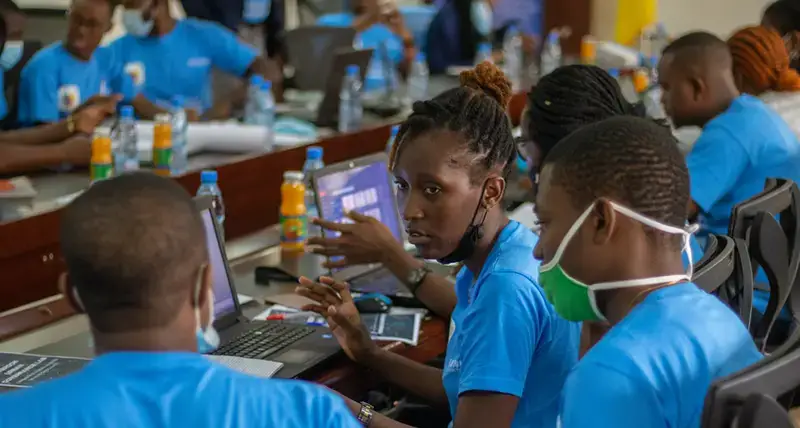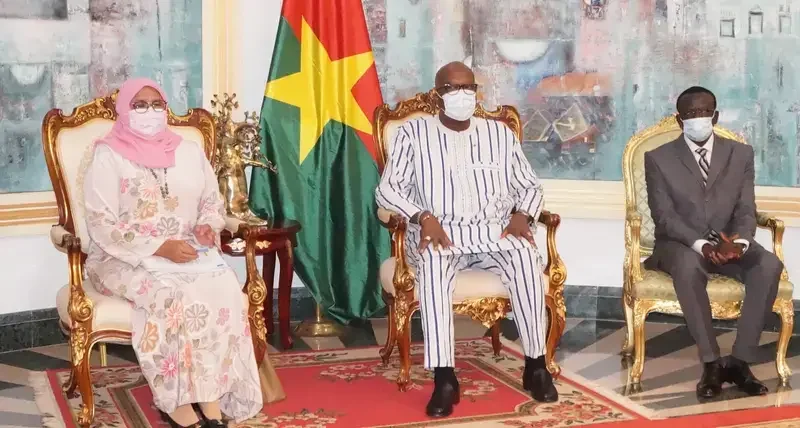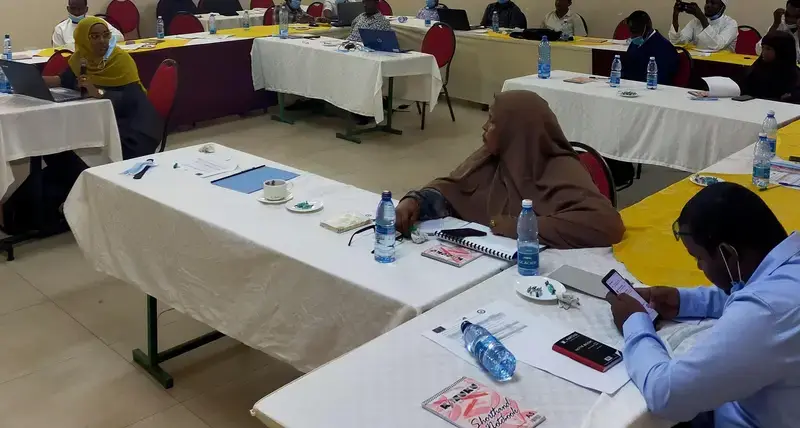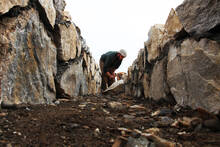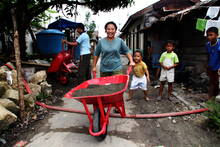Overview
Secure land tenure and property rights are fundamental to accessing adequate housing, food security and livelihoods. Land tenure security is crucial for the realization of human rights, poverty reduction, economic prosperity and sustainable development leading to the attainment of the Sustainable Development Goals, the New Urban Agenda and other regional and country level policy initiatives.
What we do:
We develop, disseminate and implement pro-poor and gender-responsive land tools through the Global Land Tool Network (GLTN). These tools and approaches contribute to land reform, good land governance, inclusive land administration, sustainable land management, and functional land sector coordination.
GLTN is a dynamic and multisectoral alliance of international partners committed to increasing access to land and tenure security for all, with a particular focus on the poor, women and youth. The Network’s partners include international rural and urban civil society organizations, research and training institutions, bilateral and multilateral organizations, and international professional bodies.
The Challenge
- 90 per cent of landholdings in developing countries are not documented, administered or protected.
- Urbanization is increasing pressure on land, with people living in cities expected to grow by 175 per cent by 2030.
- Land administration practices do not cater for the complexity of land issues with overlapping rights and claims.
- Women and the youth continue to have limited access to and control over land
- 70 per cent more agricultural land is needed to increase in food production by 2050.
What is a Land Tool?
A land tool is a practical way to solve a problem in land administration and management. It is a way to put principles, policies and legislation into effect. The term covers a wide range of methods: a simple checklist to use when conducting a survey, software and accompanying protocols, training modules, or a broad set of guidelines and approaches. The emphasis is on practicality; users should be able to take a land tool and apply it or adapt it to their own situation. Land tools may complement each other. For example, one tool may give overall guidance on how collect data on land use, while another may give detailed instructions on how to assess whether the different needs of women and men are taken into account.
Land tools
GLTN land tools can be categorized in areas of work and crosscutting issues. They include the following:
Impact
Donors and partners
The success of the Global Land Tool Network has been its investment in and commitment to multi-stakeholder collaboration and partnership development. Through GLTN, UN-Habitat has been able to reach out to a diverse group of stakeholders at global, regional and country levels including local communities to undertake projects and events related to tenure security. GLTN is able to work alongside UN-Habitat to connect with national and local level implementing partners from a diverse background and also has a track record of engaging traditional leaders.

